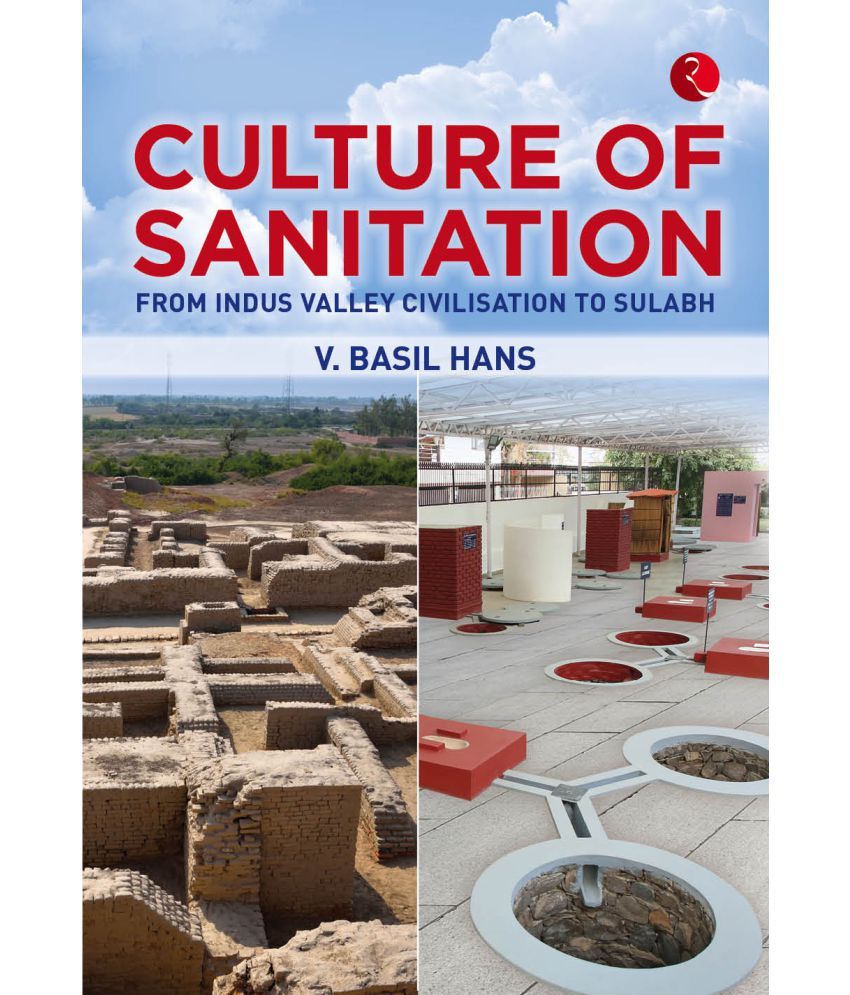The book analyses sanitation conditions as well as practices and places them in the context of human behaviour and culture. The author identifies intricate issues, explores alternative strategies and generates new knowledge about the prevalence of sanitation in human society from the past to the present.
Even though there is a lot of hope offered by PM Modi’s Swachh Bharat Mission (SBM) sanitation initiative, 65 per cent of India’s population still has no toilet facility. There is increasing evidence that India is heading towards a major sanitation crisis in the coming years. Hence, a holistic approach and an integrated strategy are needed to combat the urgency of the situation.
In order to create a high-engagement public discourse on sanitation and also develop positive and sustainable sanitation practices, we need to understand the community outlook towards defecation, clean environment and personal hygiene, theoretically and empirically. Hence, its study needs to be made a part of academic curriculum all over the country.
The book also traces the journey of Sulabh, which started with the goal of social and economic liberation of the scavenging community, and has today reached a phase of disseminating innovations and creating awareness on sanitation and hygiene through mass communication, education and research. This book calls for a convergence towards the sustainable environmental management model championed by Sulabh International in order to achieve the best of human development and ecological health in the country. This volume will benefit scholars, teachers and policymakers immensely.
About the Author - DR V. BASIL HANS is associate professor and head at the Department of Economics, St Aloysius College, Mangalore University. He has 25 books and nearly 200 articles to his credit, besides presenting close to 100 papers in national and international conferences and seminars. He is on the editorial board of numerous journals and is a member in several academic bodies in India and abroad.
Dr Hans has adopted a transdisciplinary approach in his works and was nominated for the 2016 Harold W. McGraw Jr. Prize in Education.

